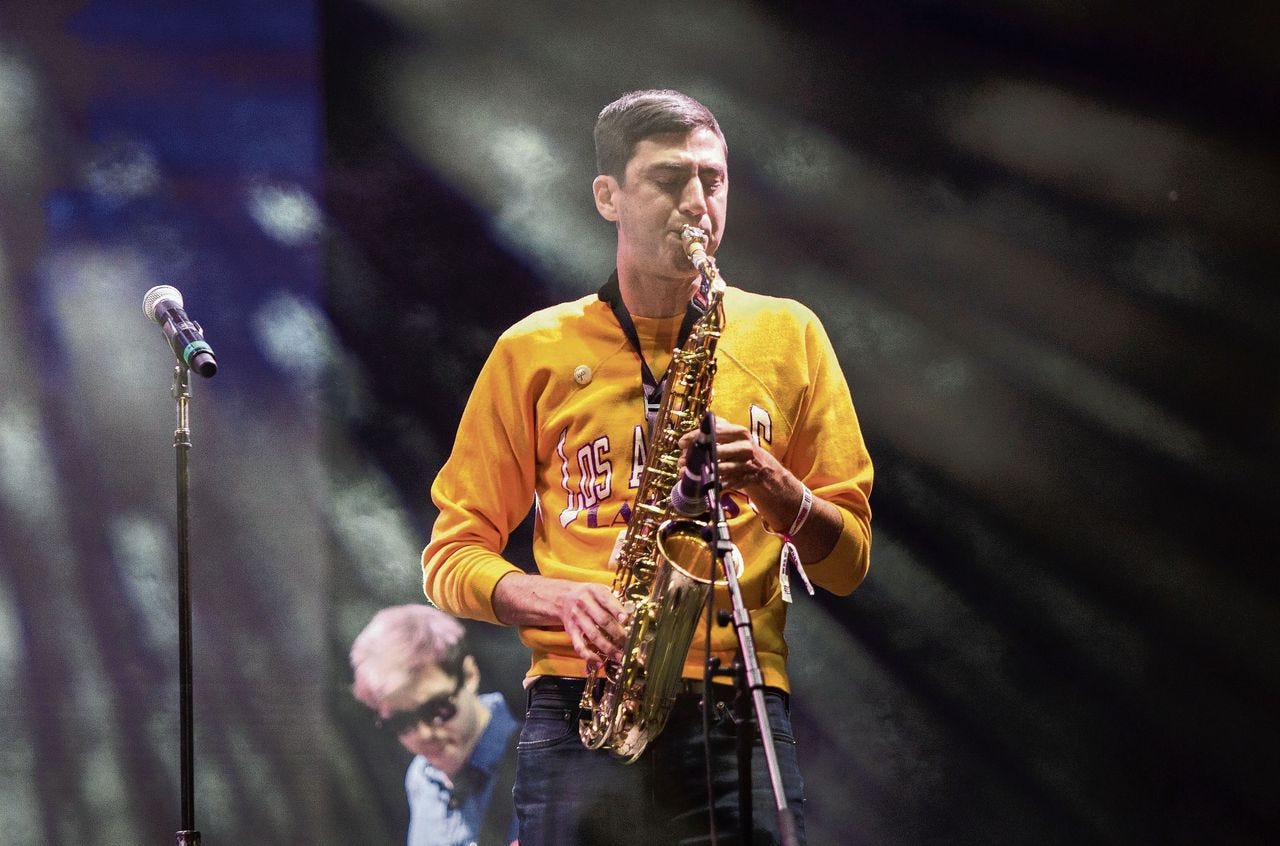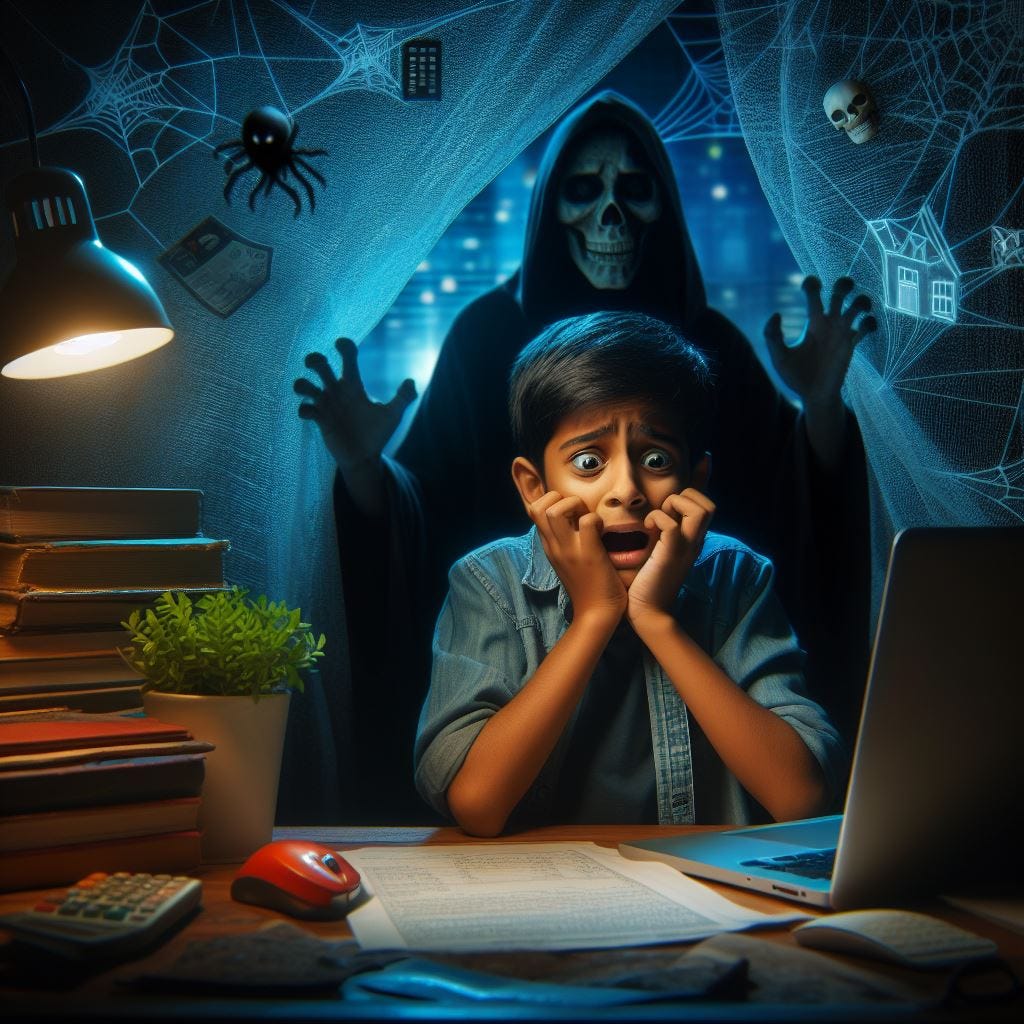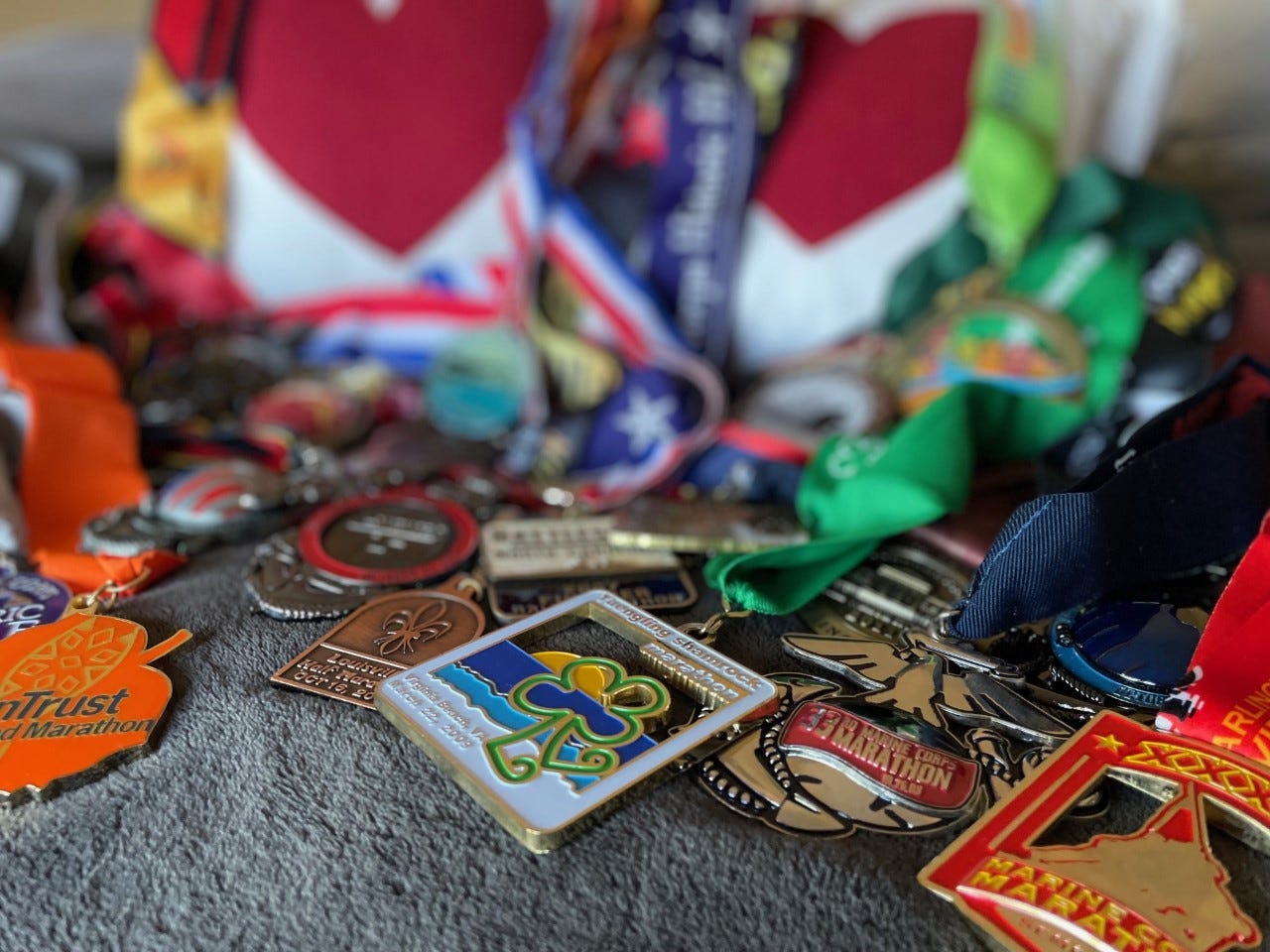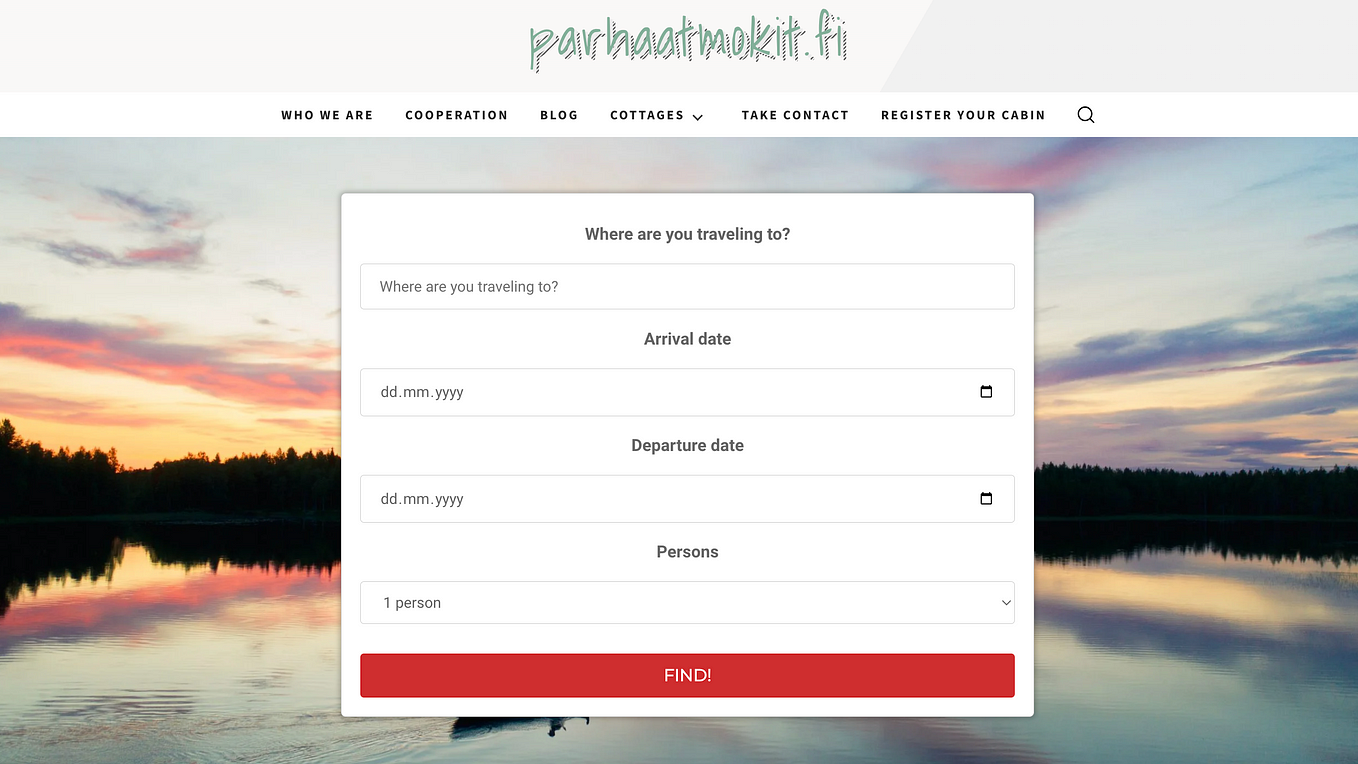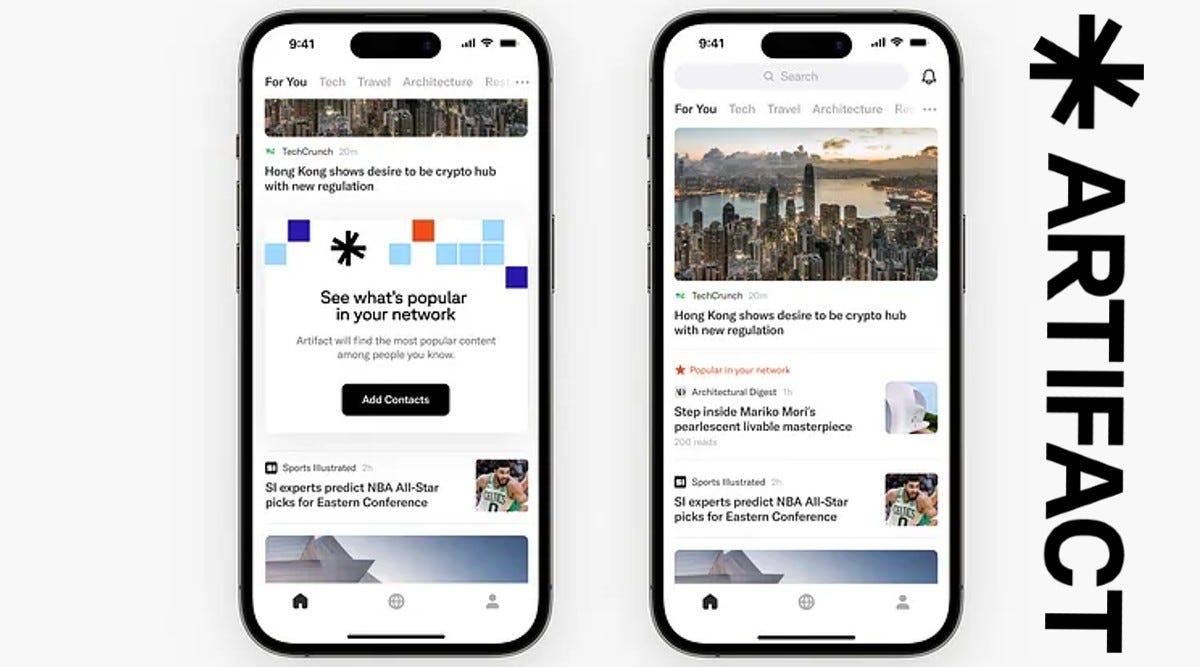Interview with Vulfpeck’s Jack Stratton (transl. from Jazzism)
This is a translation of the interview with Vulfpeck’s Jack stratton in the May/June 2017 issue of Dutch magazine Jazzism, written by Gert-Jan Hox. I’ve tried to stay as close as possible to the published article. I did not have access to the original (English) transcript.
There are few bands that have accumulated a cult status quite like the American Vulfpeck (pronounce like a German would say “wolf pack”). The irresistible grooves, extraordinary live-reputation and crafty online strategy all contribute to a rapidly growing international fanbase. Vulfpeck is hot and this fall they’ll kick off their first European tour, which includes a stop in Paradiso, Amsterdam. Reason enough to have a heart to heart with founder and band leader Jack Stratton.
“My goal was to start a band and make a living off of it.”
I meet Stratton (28) in The Highland Cafe at York boulevard, North East Los Angeles, not long ago named “Coolest street in L.A.” by a major travel guide. Lots of funky clothing stores, restaurants, hip barbers, tattooshops and music stores. The Vulfpeck-chief orders organic salmon with lentils which takes him an hour to finish, as long as our conversation lasts.
“My mother’s an aerobics teacher — she teaches yoga too — and she always told me to eat slowly, small bites. Much healthier. But, more importantly, she’s the one who first got me listening to Stevie Wonder, Kool & The Gang, The Jackson Five and Earth, Wind & Fire. The good stuff. She used to make playlists with that kind of music for her aerobics lessons. Later, I did that for her.”
How about your father?
“My father’s a clarinetist in a klezmer band. I started drumming around seven years old, and started playing with him at ten. At thirteen, I started doing gigs with him too — if it wasn’t too late and didn’t interfere with school. I also picked up playing the guitar and piano later. That works out well with Vulfpeck because Theo (Katzman) also drums and is an amazing guitar player. And he has a great voice and is a good writer. So we alternate roles.”
“The way Motown records songs inspires me.”
How did the band start?
“All of us went to the University of Michigan in Ann Arbour. I studied recording engineering and drums. Theo studied drums too, but was mostly playing guitar. Joe (Dart) studied bass and Woody (Goss) jazz piano. I was always listening to Motown — there’s an infinite amount of radio stations here that play Motown 24/7. And the way Motown records songs inspires me. There was a set rhythm-section that made a song sound fantastic. The musicians spending days and days in the studio together made them completely attuned to each other. That’s why I started Vulfpeck. I just wanted to be a really good rhythm-section. Also for other musicians.”
So something like the legendary studio rhythm-sections The Wrecking Crew, or The Funk Brothers?
“Exactly. And the timing is right too, because there are barely any of these rhythm-sections left. I read an interview with Gordon Edwards (bassist and leader of legendary band Stuff). In the late seventies and early eighties, the heydays, there were ten of these triple-A rhythm-sections on Manhattan alone. That’s what I want with Vulfpeck. That feeling of rhythm-section.
Songs get better when you collaborate with other musicians. I’ve recorded songs by myself like everyone does nowadays, on the computer. But they just don’t sound as good as when you record with other people.
When we first came together, the first thing we did in this configuration was recording a song with a friend in the school studio. That worked out well and we put it on YouTube. We started doing some gigs and continued recording. That was the start, and it took off fairly quickly. Especially after the thing with Spotify.”
Vulfpeck released the album “Sleepify” in 2014. An album with ten tracks, each consisting of 31 to 32 seconds of complete silence. The result was five minutes of nothing. Not so much an artistic statement, as a clever commercial idea. The band asked her fans to play the album continuously while they were sleeping, with the goal to raise enough money to fund their first tour. In return, the shows would be free to attend. The stunt got them a lot of attention, especially when Spotify removed the album off their service without clear explanation. Vulfpeck raised $20.000 in royalties, which made the initiative a success, and the Sleepify Tour could kick off.
Jack Stratton: “Suddenly lots of people knew us, they thought it was a great stunt. We had already published a couple albums before that, but they stayed under the radar until 2015. Suddenly everything started moving. For the other band members — Joe, Woody and Theo — Vulfpeck suddenly became a serious career possibility. For me, that has always been the goal: to start a band and earn a living off of it.
The bizarre thing is we barely performed. We just did these sessions, and put them online. It was the world upside down, usually a band performs for years and then finally records an album.”
One of the cornerstones of their success is Stratton’s infallible feeling for online marketing, and keeping everything under his own management. He seems to naturally understand the power of social media, and what YouTube and Facebook can mean for the success of a band. He continuously feeds the fans videos, links and detailed tutorials, explaining step by step how to play his songs. By putting his albums online in their entirety, it might seem like he is giving everything away for free. But Stratton’s experience tells him that it actually motivates people to buy the albums. Besides that, there’s the audio plugin Vulf Compressor, allowing people to give their own recordings that authentic Vulfpeck sound, there are t-shirts and sweaters, an audiologo, the Vulf corporate identity, and a freely available font called Vulf Mono.
Stratton: “I’m the only one in the band who’s always been interested in the business side of making music. Spotify is a good source of income because we own all the rights. That wouldn’t be the case if we’d be signed by a label. We don’t have a label or manager. It’s all direct sales. Some people I have in very high regard are telling me I should really be getting a manager by now, but I won’t even think about it. They’ll squeeze the last penny out the band, and then we can close shop within the year. We also sell a lot of vinyl, which is new. We have it pressed in Amsterdam, at supposedly one of the best plants in the world.
I’ve developed some ground rules over the years that I would recommend to other starting bands as well, since they’ve worked so well for me. Like not doing covers. We do some, but we don’t put any on the albums. You don’t want to be kown for a cover. Another rule is that I never — ever — would sign a deal at a record label. You should keep everything under your own management.”
“Ultimately, the entire band revolves around bassist Joe.”
Do you feel the same about the musical side? Do you work with outside producers?
“No, I do all of that myself too. The idea is always that we record a song together, so not track by track or instrument by instrument. We film the recording, and that’s going on YouTube. Because of my schooling, I know how to place the mics, but I’m getting better at mixing the material too. The rough tracks often sound like crap, the final sound really gets created in the mix. The records are starting to sound better and better, which makes that we sell more albums too. But I still think people wouldn’t want us to record in top notch studios, even if we could afford it. They’re expecting us to record in a living room with a couple of mics — that’s also what makes it fun.”
You regularly invite guest musicians
“Yes, we did some work with legendary studio musicians. That was amazing, there are these people that you’ve heard play on all kinds of records, and suddenly you literally see the magic happen right in front of your eyes. That’s why I wanted David T. Walker (guitarist of, amongst others, The Jackson 5 and Stevie Wonder) on “Christmas in L.A.”, that was an attempt to write a The Jackson 5-esque song. David played on all those Jackson 5 tracks and gave them that specific sound. That’s why I asked him.
I initially wanted to do an interview with him, just because I wanted to meet him, but he respectfully declined. He’s somewhat of a reclusive guy. He’s also never had a manager or an agent or anything. But he did accept when I asked him to do a session with us, that’s more in his comfort zone.
He’s quite well known in Japan. We have now released an album there too, because he’s playing on it. And we did sessions with legendary drummer, and my personal idol, Bernard Purdy, Bill Withers’ drummer James Gadson and recently we’ve performed with Steely Dan’s Michael McDonald and Snarky Puppy’s Cory Henry. That all fits nicely into the idea of being a rhythm-section and the fans love it when we invite guests. We have a couple musicians amongst our friends that act as recurring guest musicians, and that occasionally write for us, or we for them. Like singer/pianist Joey Dosik, guitarist Cory Wong and above all of course (singer) Antwaun Stanley, the greatest vocal talent I’ve heard in the past ten years.”
How did you discover Antwaun?
“He was singing in some kind of quartet at university. One time they were performing outside on campus and I was immediatly blown away by that voice, his impeccable timing and soul. It made me feel like I felt the first time I heard Marvin Gaye sing. That’s why Antwuan is often with us, because he’s such a great singer. But the core is still Joe, Woody, Theo and me.”
Your bassist Joe is getting a lot of attention
“Yes, and rightfully so. Ultimately the entire band revolves around Joe. He’s such a force. And all those studio legends that play with him lose their minds, they love him. Bootsy Colins was very positive about him. Bernard Purdie loves him, we’re all big fans of Joe. He also gets the most female attention, by the way.”
What can you say about your fans?
“It seems like they’re all musicians, it’s so great. They completely understand our music. What happens online sometimes is unbelievable. People create new versions of our songs that are mindblowing. Really inspiring.
We haven’t really visited Europe, but we have done one gig in Dublin. What happened there was incredible, it was our best show ever, and solely because of the fans because I was having an off-day. But that didn’t matter because the crowd sang along with all the bass lines, all night. They just knew them all, that’s how musical they are over there. I’m considering doing a live album in Ireland where I have the crowd sing all the parts. So one part does the drums, another part the bass, etc. And then we release that — we don’t play a note ourselves. (laughs)
I can’t wait to come to Europe to see what happens when we play in Amsterdam, or Berlin. There’s a cultural difference with America. In America people often come to shows to drink, and end up talking through the entire show without paying attention to the band. That’s different with you, there’s more respect for the music in Europe.”
Do you have any plans for the future?
“I want to keep making albums for sure, preferably one a year. We’ll play more live shows, but not too many. We could easily play 150 shows a year, but that would kill the band.
And I’m seriously considering doing a comedy series with all the musicians we’re working with. Because they’re often so incredibly funny, much funnier than actual comedians. I’d love that, a Vulfcomedy.”



